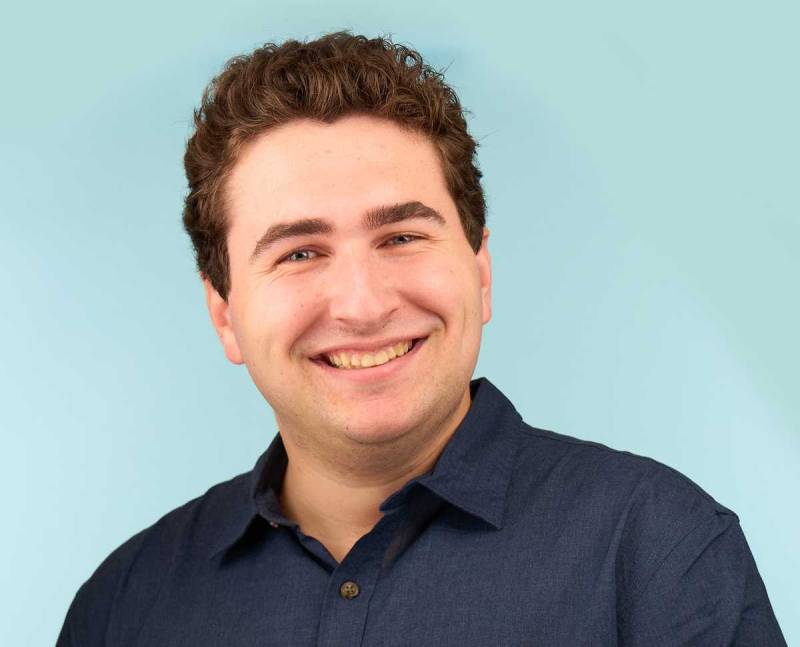Riley Mulcahy shares about growing up with dyslexia and why he wants to support other people.
“That’s not what that says.” I still remember another student saying that to me in first grade. It was the moment shame entered the room. The moment I realized I was different — not because anyone told me directly, but because I could feel it. Growing up with dyslexia isn’t just about flipping letters or struggling to sound out words. It’s a constant negotiation with a world that wasn’t built with your brain in mind.
Thankfully, I found schools like Charles Armstrong and Compass High School — places that nurtured my talents because of my dyslexia, not in spite of it. Those environments helped me succeed. I went on to graduate with honors and earn a degree in English — yes, English. Even now, imposter syndrome can sneak in.
I’ll be writing something, and suddenly I’m that first grader again, staring at a book I don’t know how to read. But then there are other moments — bigger ones. Like launching my nonprofit, and bringing people together across identities, to build something better. There are moments that remind me of the strengths of dyslexia, like seeing patterns others don’t, finding unexpected connections and building bridges from fragments. Our differences aren’t deficits. They are design. Getting to advocate for the one in five people with learning differences — and the one in four people with a physical disability — isn’t just work. It’s an honor and a responsibility.
I want the next generation to inherit more than fragmented rights. I want them to feel supported, celebrated and seen. There’s still so much education to do, especially around the brilliance of neurodivergence. I’m here for that. And I’m not alone. With a Perspective, I’m Riley Mulcahy.
